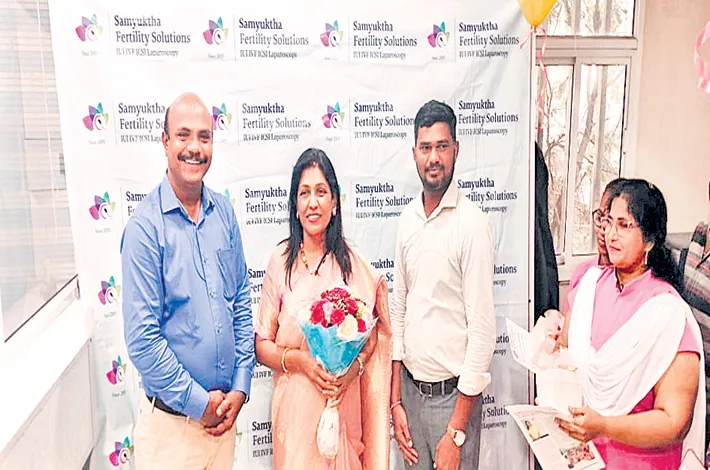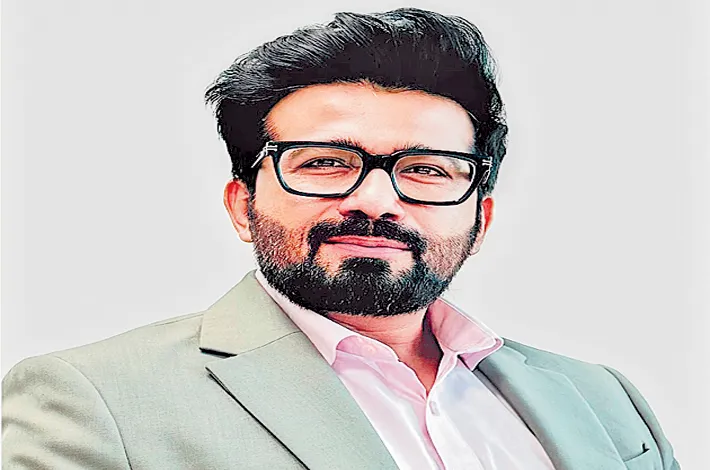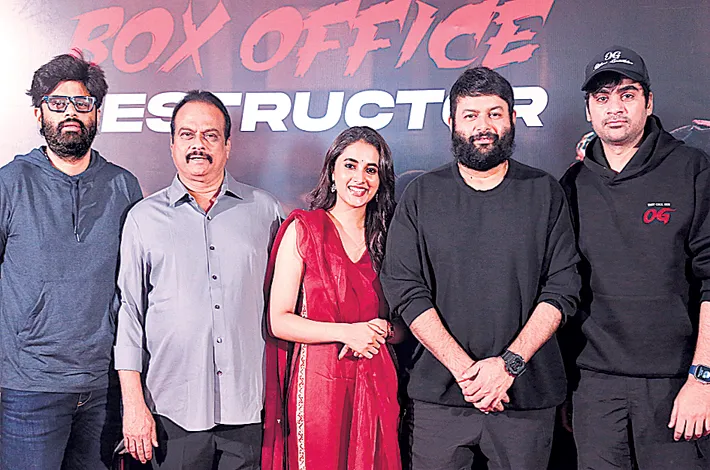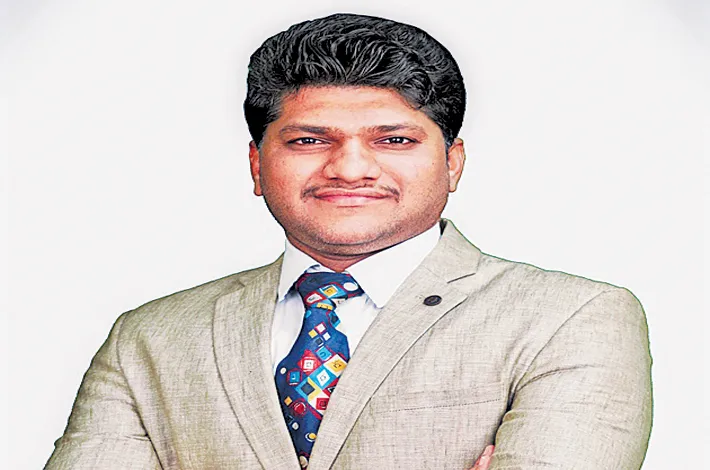‘I tried to avoid stereotypes’
25-09-2025 12:00:00 AM
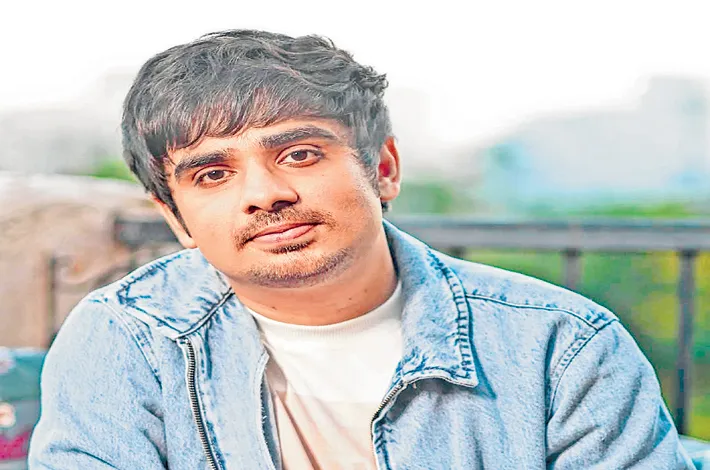
Aman Jain
Court Kacheri brings a fresh take on courtroom dramas by focusing on the heartfelt father–son relationship that many viewers find relatable. In an exclusive interaction with The Free Press Journal, actor Ashish Verma talks about what attracted him to the project and how he prepared for his role. Coming from a family of lawyers, Ashish was familiar with the legal world but made a conscious effort to avoid stereotypes while portraying his character. He explains that the father–son dynamic is universal and adds depth to the story. As Court Kacheri continues to gain praise, Ashish hints at exciting new projects ahead, promising to explore fresh and varied roles in the near future. Excerpts:
Q. Court Kacheri brings a fresh take on courtroom drama—what drew you to this project, and how did you prepare for the role?
A. I really loved the story and how layered the characters were. What drew me most to the show was the father–son dynamic and how their fractured relationship heals over the course of the series. There’s often more happening in the silences than in the spoken words, and that subtlety really appealed to me. At its heart, it’s also a coming-of-age story of a boy who initially saw the world in black and white. I come from a family of lawyers, so I’m quite familiar with the legal world, but I consciously tried to stay away from stereotypes while preparing. As for the father–son relationship, it’s not something I have personally experienced in the same way, but it’s such a universal dynamic that you find examples of it in almost every household.
Q. Doesn’t it get tricky being both a casting director and an actor?
A. I am not a casting director. After finishing my post-graduation from FTII, I needed money to move to Mumbai. Around that time, director Gurvinder Singh approached me to work on his films Anhey Ghode Da Daan and Chauthi Koot (which later won Un Certain Regard at Cannes). I worked as a casting director and acting coach on those projects. I travelled across villages and cities in Punjab, discovering actors like Suvinder Vicky, while much of the rest of the cast comprised non-actors. It was a lot of fun working with them, but because of that brief friendly stint, the label of ‘casting director’ stuck with me for some time.
Q. What do you think today’s audiences are looking for in digital content, and how does Court Kacheri meet that demand?
A. With so many options today and with both domestic and international access, it’s very important for digital content to have a relatability factor. When people watch a film or a show, they should be able to see a reflection of themselves in it—they should resonate with the characters. Court Kacheri explores the father–son dynamic, which is so universal in nature. A lot of people in their 20s are relating to the son’s character, while more mature adults who have raised children are connecting with the father’s journey. That’s the beauty of it.





